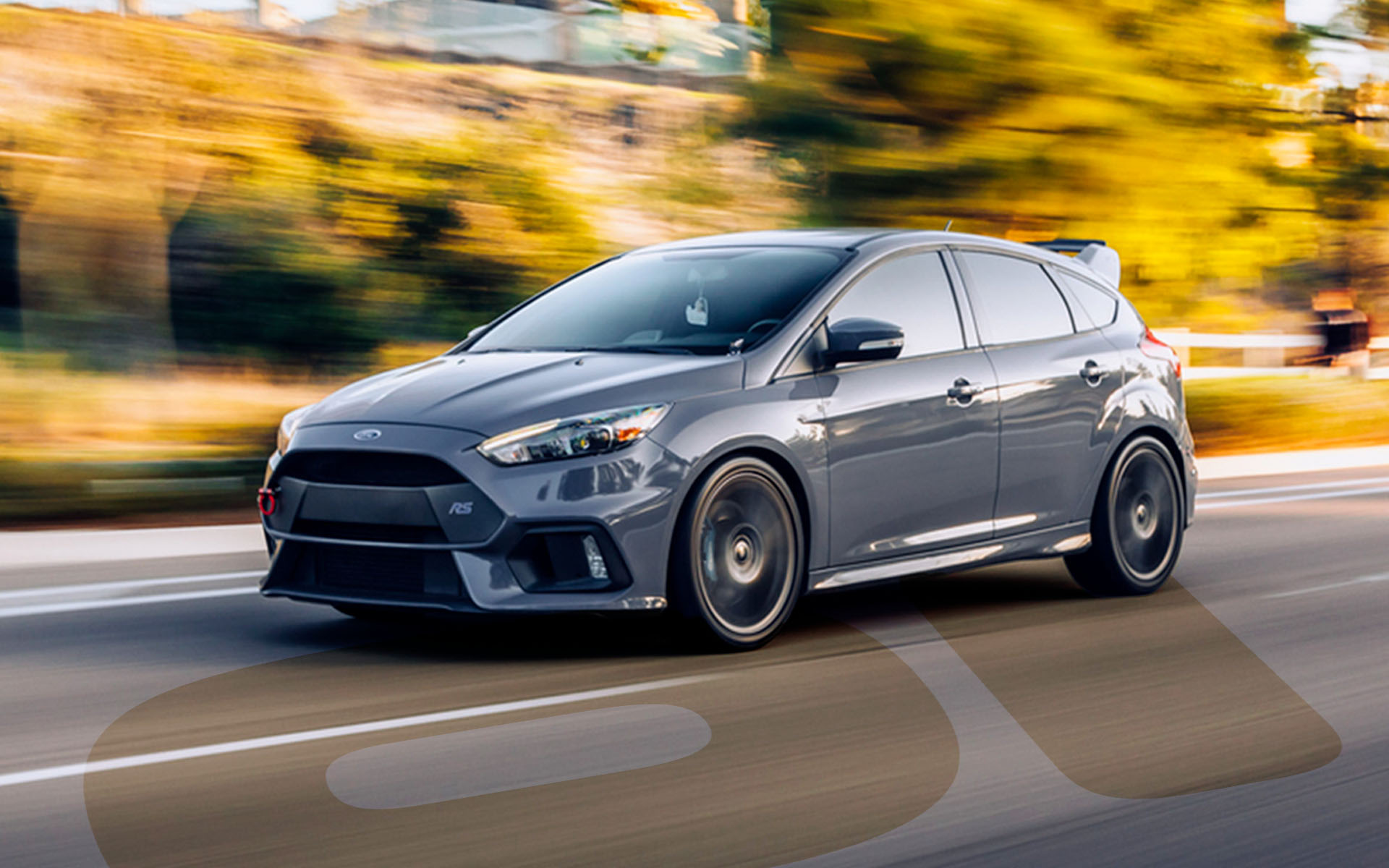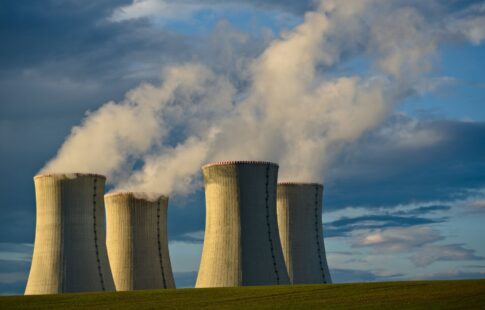
How Much Pollution Does a Car Produce? 6 Factors
We are reader-supported. When you buy through links on our site, we may earn affiliate commission.
Everyone has a part to play in reducing carbon emissions. That doesn’t mean spending money on the latest eco-vehicle if you’re struggling to make ends meet. But you can decrease the pollution your car produces regardless of your ride. It helps to know the factors impacting how green your vehicle is before you can improve. Have you ever asked how much pollution does a car produce? Here are six factors that influence your ride’s carbon footprint.
1. Is It Electric?
One factor influencing the carbon footprint of your ride is whether it runs on electric power or conventional gasoline. However, you don’t get instant karma points simply for stepping out to your garage and climbing into your Tesla.
While electric vehicles are cleaner than gasoline models on average, the exact computation depends on myriad factors. Researchers from Reuters estimate you’d have to drive well over 10,000 miles before you reach the point where your eco-vehicle does less harm to the environment than a gas-powered motor.
Still, the future of this technology looks bright. While current models emit approximately 200 grams of CO2 per mile, experts project that they can reduce that figure by 75% to 50 grams per mile by 2050.
2. Can It Use Alternative Fuels?
Ethanol is a biofuel that burns far cleaner than gasoline. Most cars on the road today run on 10% ethanol fuel, although light-duty vehicles newer than 2001 may use up to 15%. Alternative fuel vehicles, conversely, run on 85% ethanol.
Many municipalities now use such vehicles in their fleets to reduce emissions. Such switches often equate to cost-savings while keeping the air cleaner.
3. How Big is the Vehicle?
It doesn’t take a degree in mechanical engineering to understand that the bigger a vehicle is, the more emissions it produces on average. A semi is going to produce far more fumes than a Hyundai.
It all boils down to Physics 101. Heavier vehicles have greater inertia and rolling resistance. That’s a fancy way of saying it takes more fuel to get them going. Fortunately, even larger rides like Hummers are becoming more fuel-efficient, but older models may still guzzle gas like thirsty vampires.
4. How Old Is the Vehicle?
Fuel efficiency has improved considerably over the years. As a result, you could be producing more emissions if you drive an older vehicle. Stricter emissions standards have forced manufacturers to innovate.
However, there are exceptions to this rule, according to a recent study by Which?. They analyzed 292 car engines and found that small new cars produced 11.2% more carbon dioxide than older models. The new technology reduced nitrogen oxide by 43% and carbon monoxide by 40.6%.
5. Does It Use Air Conditioning?
If you’ve ever turned off your AC to pull a steep hill, you know that keeping cool inside your car’s cab decreases your fuel efficiency. Here’s one way you can green your carbon footprint regardless of the make and model you drive. Instead of running the AC, stick to the vents and open a window whenever possible. Your wallet and the planet will thank you.
Your car’s air conditioner system relies on a compressor, which draws power from your engine. That means, it takes more gas to keep your vehicle rolling at a consistent speed — you have to ramp up the output.
6. Is the Vehicle Well-Serviced?
Here’s another area where you can take charge of how much pollution your car produces, even if you drive an older model held together with duct tape and hope. Maintaining your ride in peak operating condition will reduce your fuel consumption and emissions. It benefits the planet — but also your wallet each time you go to the pump.
Ask yourself the following questions or impress your mechanic with them when it’s time for you next tune-up:
- Is the vehicle engine tuned properly with serviceable ignition components? Like an airplane, your car uses the most fuel to get going. You don’t want to see a big cloud emerge from your tailpipe when you turn the key.
- Are the fuel injectors clean and clear of obstructions? Not only do filthy injectors decrease your fuel economy, they can cause engine knocks and eventual damage.
- Is the air filtration system clean and well-maintained? Your car’s air filtration system must meet minimum standards in many states.
- Are your tires the right size and inflated to the correct pressure? Pay attention if your tires start to run low on air. Each 1% decrease in tire pressure equates to 0.3% less in fuel efficiency.
How Much Pollution Does a Car Produce?
You may wonder, “How much pollution does a car produce?” Multiple factors go into the equation.
However, you can take steps to improve your fuel economy and emissions regardless of the make and model of your ride. How much pollution does a car produce? Ask yourself the questions above and see how you can green your commute.
Share on
Like what you read? Join other Environment.co readers!
Get the latest updates on our planet by subscribing to the Environment.co newsletter!
About the author

Jane Marsh
Starting from an early age, Jane Marsh loved all animals and became a budding environmentalist. Now, Jane works as the Editor-in-Chief of Environment.co where she covers topics related to climate policy, renewable energy, the food industry, and more.





